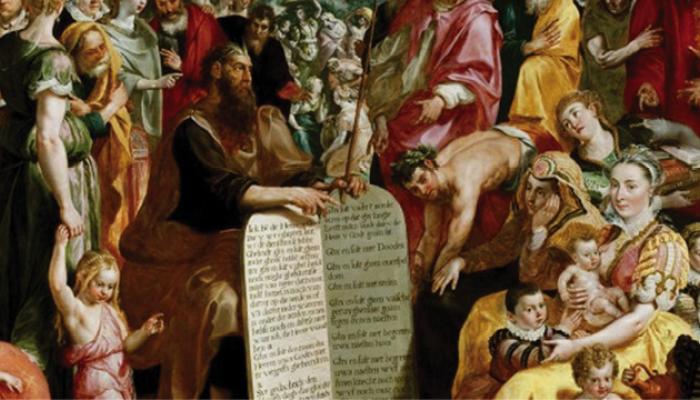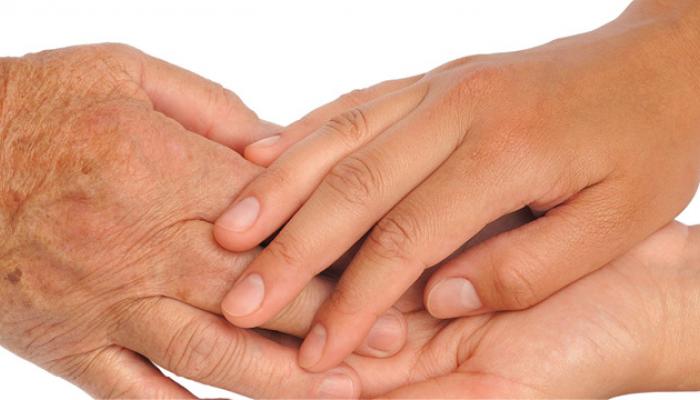
4.10 Чому деякі християни лицемірні?
Перш за все, важливо усвідомити, що ніхто не є досконалим і вільним від гріха, крім Ісуса та Марії. Християни теж чинять гріхи, і кожному з нас важливо не просто пишатися своїми добрими справами.
Навпаки, добрий християнин — це той, хто усвідомлює свою гріховність і намагається жити, віддавшись Богові. Тільки коли ви усвідомите це, ви зможете зрозуміти, означення того, що Ісуса прийшв для порятунку нас від наших гріхів.
What are the “Five Precepts of the Church”?
(1) You shall attend Mass on Sunday and holy days of obligation and abstain from work or activities that offend against the character of the day. (2) You shall receive the sacrament of Penance at least once a year. (3) You shall receive the Eucharist at least during the Easter season. (4) You shall observe the prescribed seasons of fasting and days of abstinence (Ash Wednesday and Good Friday). (5) You shall contribute to the material support of the Church. [Youcat 345]
What is the purpose of the precepts of the Church?
The “Five Precepts of the Church” with their minimum requirements are supposed to remind us that one cannot be a Christian without making a moral effort, without participating personally in the sacramental life of the Church, and without union with her in solidarity. They are obligatory for every Catholic Christian. [Youcat 346]
What are the human virtues?
The human virtues are habitual and stable perfections of the intellect and will that govern our actions, order our passions and guide our conduct according to reason and faith. They are acquired and strengthened by the repetition of morally good acts and they are purified and elevated by divine grace. [CCCC 378]
What are the principal human virtues?
The principal human virtues are called the cardinal virtues, under which all the other virtues are grouped and which are the hinges of a virtuous life. The cardinal virtues are: prudence, justice, fortitude, and temperance. [CCCC 379]
What is prudence?
Prudence disposes reason to discern in every circumstance our true good and to choose the right means for achieving it. Prudence guides the other virtues by pointing out their rule and measure. [CCCC 380]
What is justice?
Justice consists in the firm and constant will to give to others their due. Justice toward God is called “the virtue of religion.” [CCCC 381]
What is fortitude?
Fortitude assures firmness in difficulties and constancy in the pursuit of the good. It reaches even to the ability of possibly sacrificing one’s own life for a just cause. [CCCC 382]
What is temperance?
Temperance moderates the attraction of pleasures, assures the mastery of the will over instincts and provides balance in the use of created goods. [CCCC 383]
Why do we have to work to form our character?
We must work at forming our character so that we can freely, joyfully, and easily accomplish what is good. A firm faith in God, in the first place, helps us to do this, but also the practice of the virtues, which means developing within ourselves, with God’s help, firm dispositions, not giving ourselves over to disorderly passions, and directing our faculties of intellect and will more and more consistently toward the good.
The most important virtues are: prudence, justice, fortitude, temperance. These are also called the “cardinal virtues” (from Latin cardo = hinge, or from cardinalis = principal). [Youcat 300]
What are the three supernatural virtues?
The supernatural virtues are faith, hope, and charity. They are called “supernatural” because they have their foundation in God, are directly related to God, and are for us men the way by which we can reach God directly. [Youcat 305]
Якщо [хтось], будучи вже відродженим і виправданим, з власної волі повертається до злого життя, він, безперечно, не може сказати: «Мені не дісталось», бо через власний вільний вибір на користь зла він втратив благодать Божу, яку отримав. [св. Августин, Про докір і благодать, розд. 6:9 (ML 44, 921)]





